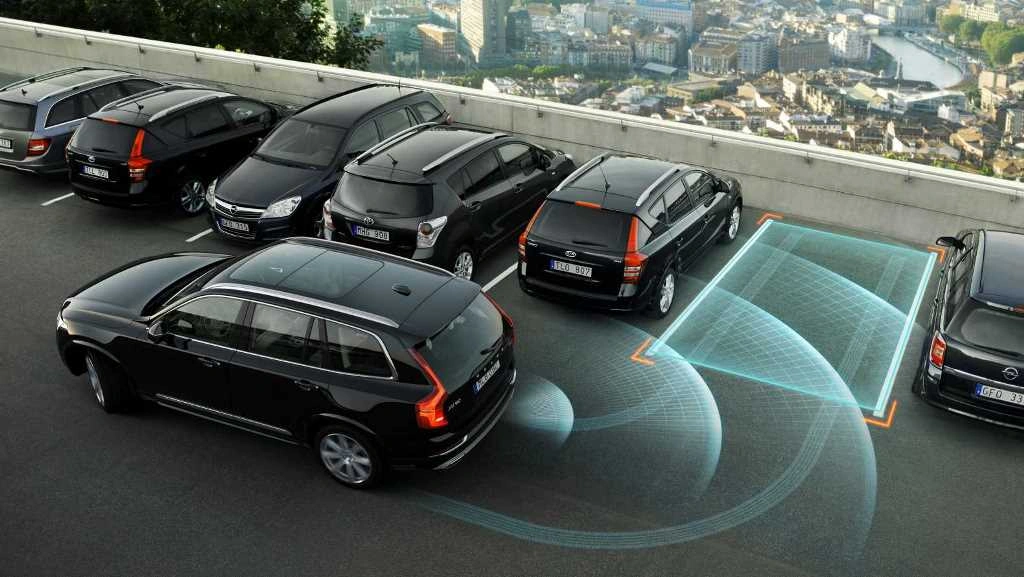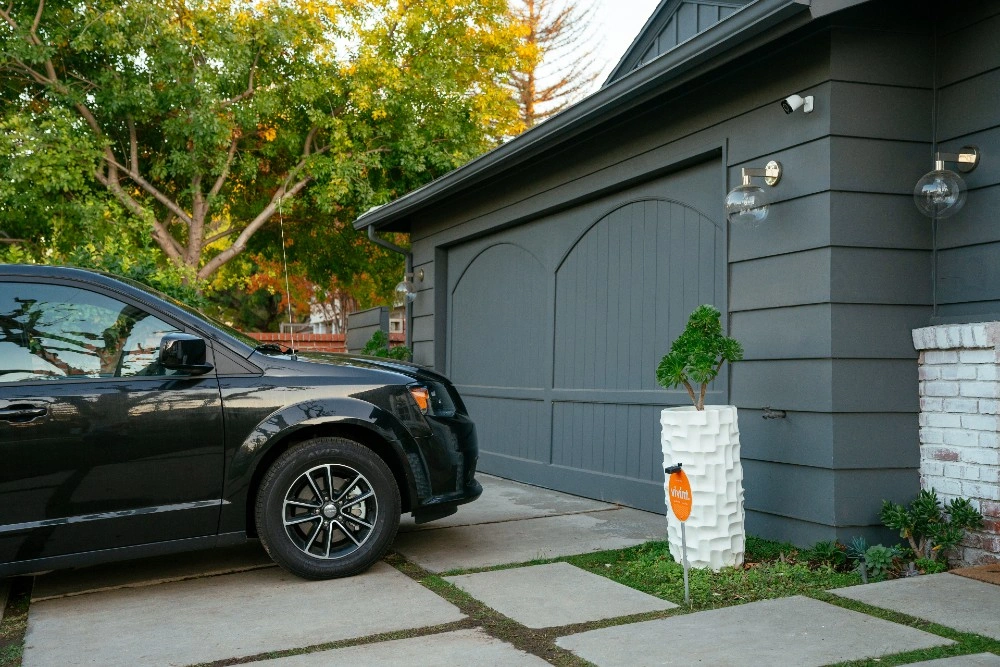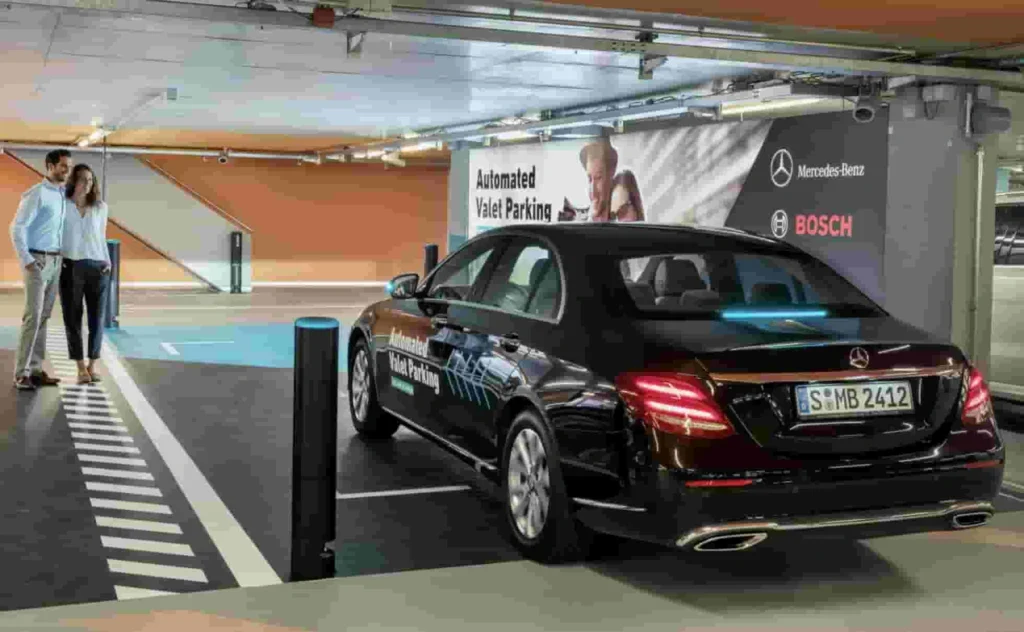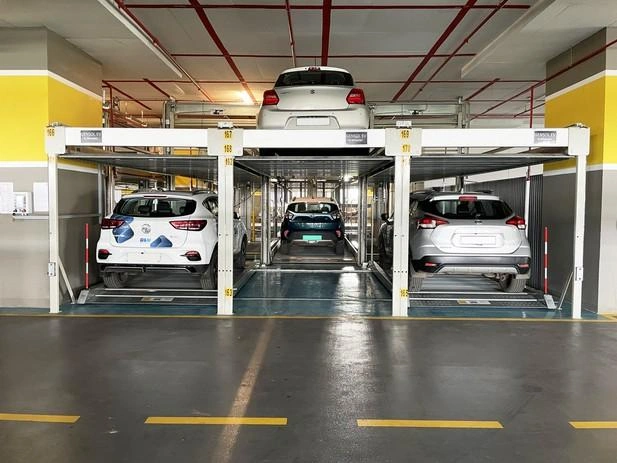Finding a parking spot in a crowded city or maneuvering into a tight space has always been a driver’s nightmare. But thanks to next-generation parking technology, those days are quickly becoming a thing of the past.
From self-parking vehicles to AI-powered smart garages, the way we park is undergoing a massive transformation. In 2025, parking is no longer just about space—it’s about automation, efficiency, and convenience.
Let’s dive into how cutting-edge innovations are reshaping parking as we know it.
🚗 Self-Parking Cars: The Future Has Arrived
🔄 What Is a Self-Parking Car?

Also known as automated or auto-park assist, a self-parking car uses sensors, cameras, radar, and AI algorithms to identify suitable parking spaces and autonomously maneuver into them—all with minimal or no driver input.
🔧 How It Works
- The system scans for available parking spots
- Once a spot is detected, it calculates the best path
- The vehicle controls the steering, acceleration, braking, and gear shifting
- Some systems allow you to park the car remotely using a smartphone app
🚘 Real-World Examples (2025)
- Tesla Smart Summon: Park and retrieve your car using your phone
- BMW Parking Assistant Plus: Includes remote-controlled parking
- Mercedes-Benz Intelligent Park Pilot: Supports Level 4 valet-style parking in compatible garages
- Ford Active Park Assist: Parallel and perpendicular parking with a button push
🧠 Smart Garages: Parking Meets Artificial Intelligence

Smart garages go far beyond storing cars—they’re intelligent hubs equipped with automation, security, and connectivity features.
🏢 Key Features of Smart Garages:
- License Plate Recognition
Automatically opens the gate and logs vehicle entry/exit—no keycards or remotes needed. - Real-Time Space Monitoring
Uses cameras and sensors to track available spots and guide vehicles to the nearest space via digital displays. - Automated Parking Systems (APS)
Mechanized systems that lift and place vehicles in tightly packed vertical or horizontal slots, maximizing space in urban environments. - EV Charging Integration
Smart garages come with intelligent EV chargers that optimize charging based on your schedule or electricity rates. - Mobile App Connectivity
Find, reserve, and pay for parking—all from your phone. Some apps even offer indoor navigation to your parked vehicle.
🛰️ IoT and AI Are Powering the Revolution
The real magic behind next-gen parking tech lies in the integration of:
- IoT (Internet of Things): Connects devices (sensors, gates, cameras) to a unified system
- AI and Machine Learning: Predicts parking availability, analyzes traffic flow, and even prevents bottlenecks
- 5G Connectivity: Enables ultra-fast communication between cars and infrastructure for real-time updates
This trio of technologies ensures parking is not only smarter—but also faster, safer, and more efficient.
🔋 How It Benefits Drivers
- Saves Time: No more circling for spots—real-time data helps you park faster
- Reduces Stress: Let your car do the parking or get guided into the spot
- Increases Safety: Fewer accidents, thanks to automation and obstacle detection
- Optimizes Urban Space: Automated systems make room for more vehicles in less space
🔮 What’s Next for Parking Tech?

- Fully Autonomous Valet Parking: Drop your car off at the entrance—let it park itself
- Voice-Activated Parking: “Park the car,” and it obeys
- Blockchain Payments: Secure, instant transactions for parking fees
- Integration with Smart Cities: Parking systems connected to traffic signals, public transport, and ride-sharing platforms
As vehicles and infrastructure grow smarter together, parking becomes a seamless experience—not a chore.
Final Thoughts: Parking, Reinvented
Next-gen parking technology is doing more than solving minor inconveniences—it’s paving the way for a smarter, more sustainable mobility ecosystem.
Whether you’re a driver tired of tight spots or a city planner looking to reduce congestion, these innovations are redefining what it means to park a car in 2025 and beyond.
So next time you pull into a garage, remember—you’re not just parking, you’re entering a new era of automotive intelligence.

